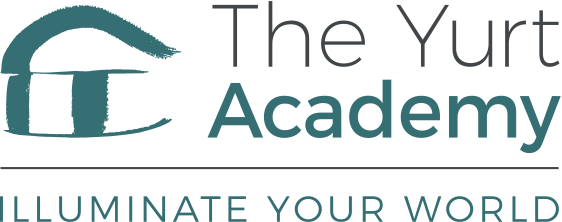Enabling Autonomy – The Benefits to Teams and Individuals
With its early roots in modern Humanism, the idea of autonomy has fascinated psychologists and organisational behaviourists ever since. The world comes from Greek meaning “self-rule”.
Later, in the 1940s Abraham Maslow researched the impact of autonomy and his findings show that we, as humans, all need personal growth to feel satisfied, content and mentally well.
Maslow describes how we need to strive towards the realisation of our own individualised talents and potentials. He calls this self-actualization, and places it at the top of his Hierarchy of Needs.
It should be understood that autonomy is not independence, or individualism, or even freedom. It is a volition – the faculty of conscious choice. Freedom is the ability to act, whereas autonomy allows for the desire that moves one to act.
Vickor Frankl did not have the freedom to leave the terrible conditions of the concentration camp during the second world war, but he had the autonomy to find a way to survive. He had the desire and the intrinsic motivation to survive. This gave him the necessary focus to concentrate on the things that he could control – his mind, his attitude, his behaviour and his actions.
Frankl’s ideas on what he called Logotherapy led to further research, most notably by psychologist McClelland in the 1960s, on what human beings across the world need psychologically to survive and indeed to thrive. The result is what is now known as the Psychological Needs, and these are autonomy, competence and relatedness.
Psychological Needs
- Competence talks of our need to grow, learn and improve.
- Relatedness explains the fundamental social needs of human beings – love and a sense of belonging.
- Autonomy talks of the need to have control over certain aspects of our lives, however small.
As we learn to take this autonomy, the area within our control grows. The individualised autonomy drives a desire that moves us to act, and the outcome is a further desire to act more: this is intrinsic motivation.
Whilst a higher salary or a larger house might seem like sensible goals, they are extrinsic and therefore controlled and vulnerable to external factors. The inability to control these outside forces can lead to a sense of alienation, lack on control and depression.
But intrinsic motivation results in engagement and high self-esteem, and this is what we should be focusing on – the things that we can control, that make us feel good and empowered.
The 1% concept comes to mind; if I improve my fitness by 1% this week, then in a year’s time I will be 68% fitter! This I can control.
So, by grabbing our autonomy by the horns, we put ourselves back in charge, and this leads to a sense of control and a great sense of happiness.
What does this mean for us as individuals?
We have the power! When we take and use our autonomy, we increase our levels of motivation, are substantially more efficient and productive, and are much more likely to feel loyalty to our team and our organisation.
What does this mean for teams and organisations?
Organisations should take seriously the science of human needs, and the huge benefits that result from supporting human needs. Enabling workplace autonomy allows individuals to feel valued as team members who are interdependently working towards a shared vision. This drives loyalty and increases collaboration and innovative thinking. It also creates a positive organisational culture where people are respected and supported, and individual growth and development is fed and nurtured.
“It looks as if there were a single ultimate goal for mankind, a far goal toward which all persons strive. This is called variously by different authors self-actualization, self-realization, integration, psychological health, individuation, autonomy, creativity, productivity, but they all agree that this amounts to realizing the potentialities of the person, that is to say, becoming fully human, everything that person can be.” Maslow
Realising our Full Potential
Organisations that enable autonomy offer the trust and respect that lay the foundation for personal and organisational growth. This individualised consideration gives space for creativity and collaboration. Individuals are encouraged to take responsibility and make themselves accountable for actions within the team and organisational setting.
Organisations that dare to foster autonomy dare to build empowered, engaged and enthused team members.
So, to summarise:
- Autonomy gives us the personal power to choose what we do in any given situation. This makes it easier to control our own emotions and drive our own efforts.
- Autonomy is not concerned with what we cannot control, it lives in the sphere of what we can, as individuals, do. This too leads to a sense of personal power and control and boosts our levels of resilience.
- Autonomy allows us to focus our energy and resources on things that are within our ability to control, and relinquishes effort spent on areas that are outside our control zone. This makes us more efficient and productive and we spend our time and effort on areas that produce positive results.
- Autonomy gives us a sense of personal power that leads us to take responsibility for small actions and decisions. This responsibility, these actions and decisions bring reward.
And even more simply put:
Autonomy + responsibility = reward.

